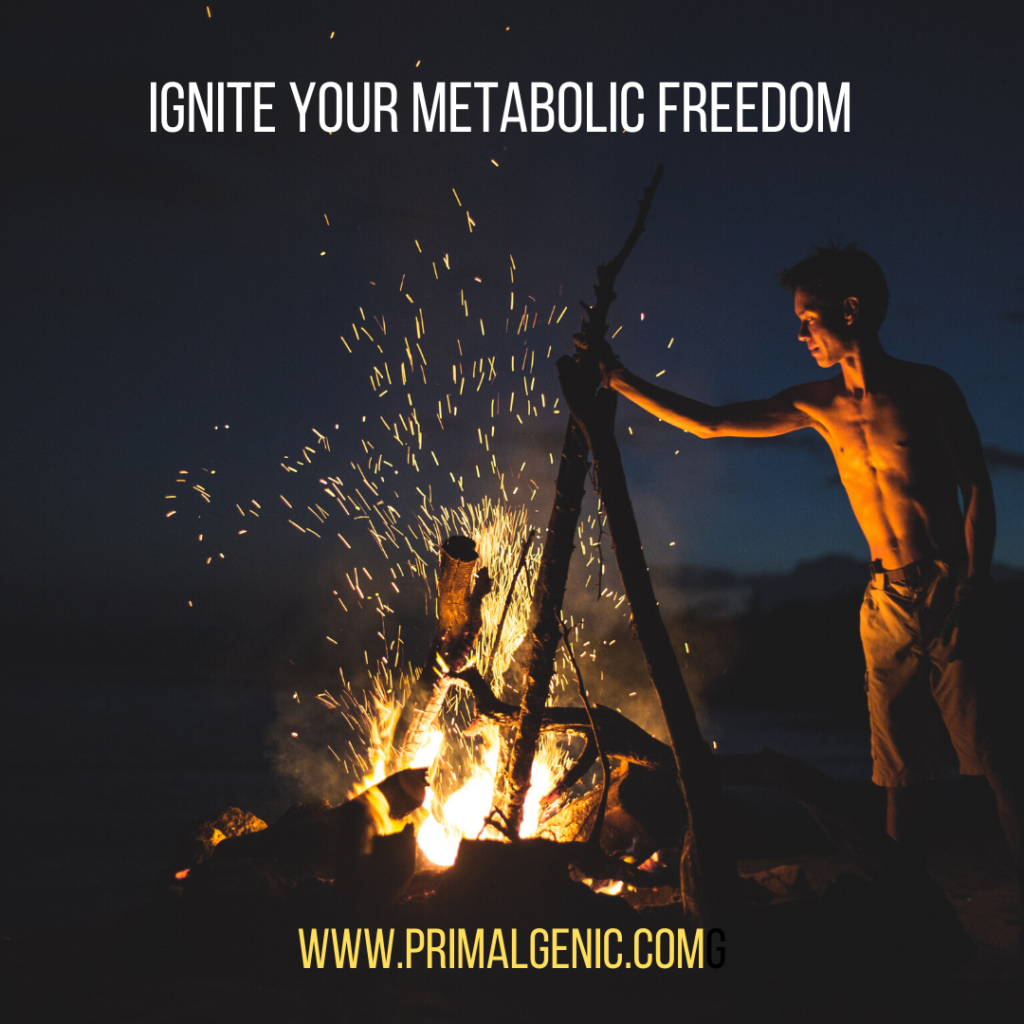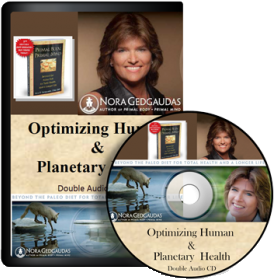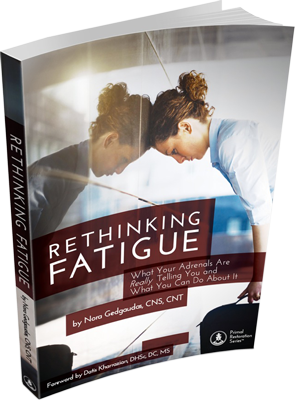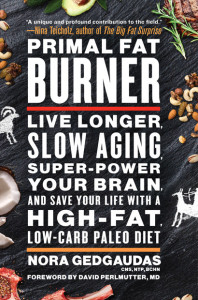
“Are taking statins beneficial in the case that a person has a high calcium heart scan score?”
This is going to sound controversial, but I really don’t care.
In my view, not only have statin drugs likely never saved a single life, but also they have greatly complicated and prematurely taken many, MANY more lives than they have ever benefited. If, on the other hand, you want to weaken your heart and destroy the CoQ10 (and vitamin K2) your heart needs to even function, then be my guest.
Cholesterol is the ONE substance–more than any other–that actually distinguishes animal life from plant life. It is so important to your existence, which it figures prominently in the membranes of just about every cell in your body, it facilitates the activity of cellular receptors, it is a critical part of your immune function, and you quite literally cannot make any of your steroidal hormones without it. It also operates as an antioxidant and an acute phase reactant—frequently elevating in the presence of inflammatory processes as a means of dampening those processes and protecting your tissues from damage.
Finally, the most abundant source of cholesterol in your body–and in any human body–is within the brain where it is 100% vital for healthy, normal cognitive function and neurotransmitter activity. Fully 25% of ALL of the cholesterol in your body resides in your brain, and it had better be there. I worry far more about a person having a cholesterol level that is too low than supposedly “too high”. Your risk of cognitive decline, memory impairment, immune compromise and cancer, and quite literally all-cause mortality (among so many other things) go through the roof when cholesterol is too low.
How is “high cholesterol” defined? Answer: purely arbitrarily. There has never been anything to scientifically determine how much cholesterol is too much. And in fact you’re just as likely to die of a heart attack if your cholesterol is too low as it might be if your cholesterol is supposedly too high. My father was always proud of his very low cholesterol, and he died of a massive heart attack in 2006 (he was a world famous cardiovascular radiologist, btw).
What about HDL versus LDL? Neither of these lipoproteins are cholesterol. Do you hear the word “cholesterol” in “high density lipoprotein” or “low density lipoprotein”? No. This is because they are lipoproteins. They serve as carriers for hepatically produced cholesterol (not to mention other critical fat-soluble nutrients) that is either on its way to the periphery of your body (LDL) to do the almost countless things that cholesterol does for your health and well-being, or (HDL) bringing spent cholesterol back—not to be eliminated by the body but to be RECYCLED by the liver back into service again. That’s how precious cholesterol is. It is conserved and recycled, and not eliminated by your body as a matter of course. Your liver produces it, because it’s vital. And every cell your body has some means of manufacturing its own supply–because without cholesterol you would literally die.
You might wonder about familial hypercholesterolemia. It turns out that people with this condition live just as long as people that don’t have it. It is not necessarily a condition to be treated. The genetic polymorphism associated with this simply results in an increased demand for cholesterol in certain individuals–not in an effort to kill its host, but to keep them alive. It’s not a disease.
Oxidized cholesterol is another matter… Just as oxidized or rancid anything isn’t good for anyone. Inflammation and free radical processes (along with frying foods containing cholesterol) have a tendency to oxidize this vital substance. The answer is not the vilification and eradication of cholesterol, but instead addressing those inflammatory processes, and avoiding things that oxidize cholesterol in the first place AND through improper food preparation, or avoiding overly-“aged” cholesterol-containing foods such as certain forms of cheese and processed meats. Particularly if your health is vulnerable (and nowadays, whose isn’t?).
If for some reason you have been told that your cholesterol is “too high”, simply be happy it is there doing its job. That doesn’t mean there may not be a reason to dig a little deeper, however, to determine just WHY your body felt the need to increase its circulation of cholesterol.
Think of cholesterol as the “check engine light” on the dashboard of your car. If the light comes on, you’re not going to fix the problem by unscrewing the light bulb (i.e., via statin drugs). You need to lift up the hood, get underneath there and do some sleuthing to determine what might be going on that seems to require that elevation in cholesterol. Then addresses THAT. When it comes to any symptom, always keep asking “why, why and why” as you dig deeper until you hit bedrock. That’s my philosophy. And it’s the only approach that gives you any possibility of a glimmering of hope to ever rebuild your health and well being again, long term.
There has been more than one exhaustive and very high-quality meta-analysis study done analyzing the effects of cholesterol on longevity. Turns out that higher cholesterol is more likely to serve as a longevity marker than any sort of harbinger of doom.
If you have a high calcium heart score, the last thing you need to worry about is cholesterol. Our culture’s excess intake of calcium, coupled with insufficient magnesium and almost nonexistent vitamin K2 (and I’m talking about MK-4 from pastured animals and poultry fats/liver, and not mutant, patented/profitable and useless bacterially-derived MK-7 so popular in the supplement industry right now) are largely to blame for the epidemic of abnormal arterial, coronary, brain-based and joint-based calcification. I would also personally be taking about 10 mg a day of a trace mineral called boron, as well. Pure Encapsulations brand makes a good one. Our soils and food supply have been depleted of boron for some time. It is also quite rich in organ meats like heart (beef heart is quite high in boron), which unfortunately few bother consuming anymore. It’s very hard to have healthy calcium metabolism without it.
And by the way, you also need vitamin D3—which is made up of (in part–drum roll please….) cholesterol. True vitamin A (retinol, from things like liver, and NOT beta-carotene) also works in tandem with these other nutrients to heal and regenerate your tissues and support the functioning of your immune system. In my latest book Primal Fat Burner, I referred to vitamins’ A, D3 and K2 (MK-4) as “The Three Amigos”. They need to ride together.
Please don’t buy into the anti-cholesterol hysteria that pervades the media and medical dogma. It is quite literally nothing more than pharmaceutical propaganda seeking to convince you to part ways with your money…. and potentially also your life.
~ Nora Gedgaudas, CNS, FNTP, BCHN
PS. Here are a few articles I have written about cholesterol:
Do High Cholesterol Diets Speed Up Tumor Growth?
Disclaimer: The ideas and suggestions written by Nora Gedgaudas are provided as general educational information only and should not be construed as medical advice or care. All matters regarding your health require supervision by a personal physician or other appropriate health professional familiar with your current health status.
Always consult your qualified personal health care provider before making any dietary or exercise changes. Nora Gedgaudas and Nora Gedgaudas, LLC/Northwest Neurofeedback, Inc. disclaims any liability or warranties of any kind arising directly or indirectly from use of this material. If any medical problems develop, always consult your qualified personal health care provider. Only your physician can provide you medical advice.




Wonderful well written article, I will definitely refer to others. I eat only pastured animals, grassfed/finished beef, heart and liver too. I don’t trim fat. Pastured pork as well. I do eat elk and deer, but it is very lean. Is there a need to supplement mk4 or is the fat in the meats enough?
I wish my Dr. and the insurance co. knew these things!
Hi Nora, are there any instances when taking a statin could be beneficial? For example if you’re diabetic and have high blood pressure. Why does the medical profession still believe that having a ‘high’ cholesterol reading is so dangerous when recent research suggests that it isn’t?
Dear Jan—
Again, cholesterol, in and of itself is never the issue. Therefore, lowering cholesterol in order to address any condition is a little like plucking the gray hairs of your head in order to have an anti-aging effect. It isn’t happening.
Cholesterol is going to be needed with any inflammatory condition (and diabetes is definitely an inflammatory condition) in order to combat free radical damage. That’s what it’s therefore. It is not complicating the condition… It is acting to support it. And high blood pressure has never in the history of our species been caused by cholesterol, much less a statin deficiency.
The reason this myth persists in light of so much solid evidence to the contrary has to do with the many BILLIONS–if not trillions of dollars that are invested in cholesterol reducing medications. It is a lie that his taken on a persistent and pathologically stalwart life of it’s own. There is a renewed push in this direction due to the development of a new drug that works by injection in order to literally permanently alter your DNA and genetic capacity to even produce cholesterol. Yeah… What could possibly go wrong with that??? Worse yet, they’re labeling this new drug as a ”vaccine”, because no one is allowed to say anything bad about vaccines. It is NOT a vaccine, and the premise behind such a notion is completely absurd.
We all need to learn to follow the money when it comes to answering these kinds of questions for ourselves. The answers quickly become obvious. And it isn’t pretty.
I recently watched Dr. Agatston’s presentation at the Low Carb Denver Conference. In some cases he talked about aggressive statin therapy for plaque. I’m not sure how that works. Can anyone enlighten me?
Dear Geoff,
It is well documented that 80% of what actually plaques our arteries is not saturated fat or cholesterol, but rather peroxididized unsaturated/ polyunsaturated fats. I provide a reference for this in my book, and elsewhere in my writing and public lectures.
As such, the idea that statin drugs could be “therapeutic” in any manner, shape or form is pure folly. They are far more likely to compromise any given human being than benefit anyone in literally any way. This unfortunate doctor has clearly been duped by his own industry… Either that, or he is a planted shill. There is zero logic in his reasoning.
Whatever oxidized cholesterol exists in anyone’s arteries is there as a result of having battled inflammatory processes cholesterol has in fact come to protect you from. The last thing you want to do is get rid of the firemen that come to put out the fire (and then blame them for the fire). Preventing against the oxidation of cholesterol through implementing natural anti-inflammatory strategies is what makes the most fundamental sense.
I hope this helps and makes sense.
Warmly,
~Nora
Nora’s disclaimer says “consult your physician before taking any of my advice”. Any other readers here have trouble finding a trustworthy, knowledgeable physician? My advice, from experience, is to avoid MDs in HMOs or large practices, with the exception of “integrative medicine practices” . That last category is usually associated with well-funded medical schools.
The only MDs I trust now are all solo practitioners with a wide interest in well-vetted alternative medicine principles, to include a knowledge of other medical philosophies such as herbalism, acupuncture, Ayurveda, and traditional Chinese medicine. Those are the best MDs, regardless of what initials are after their names….than a medical consumer runs into the “insurance problem”….sigh…
Marvelous article. I also loved your talk at AHS18 on Big Food/Pharma